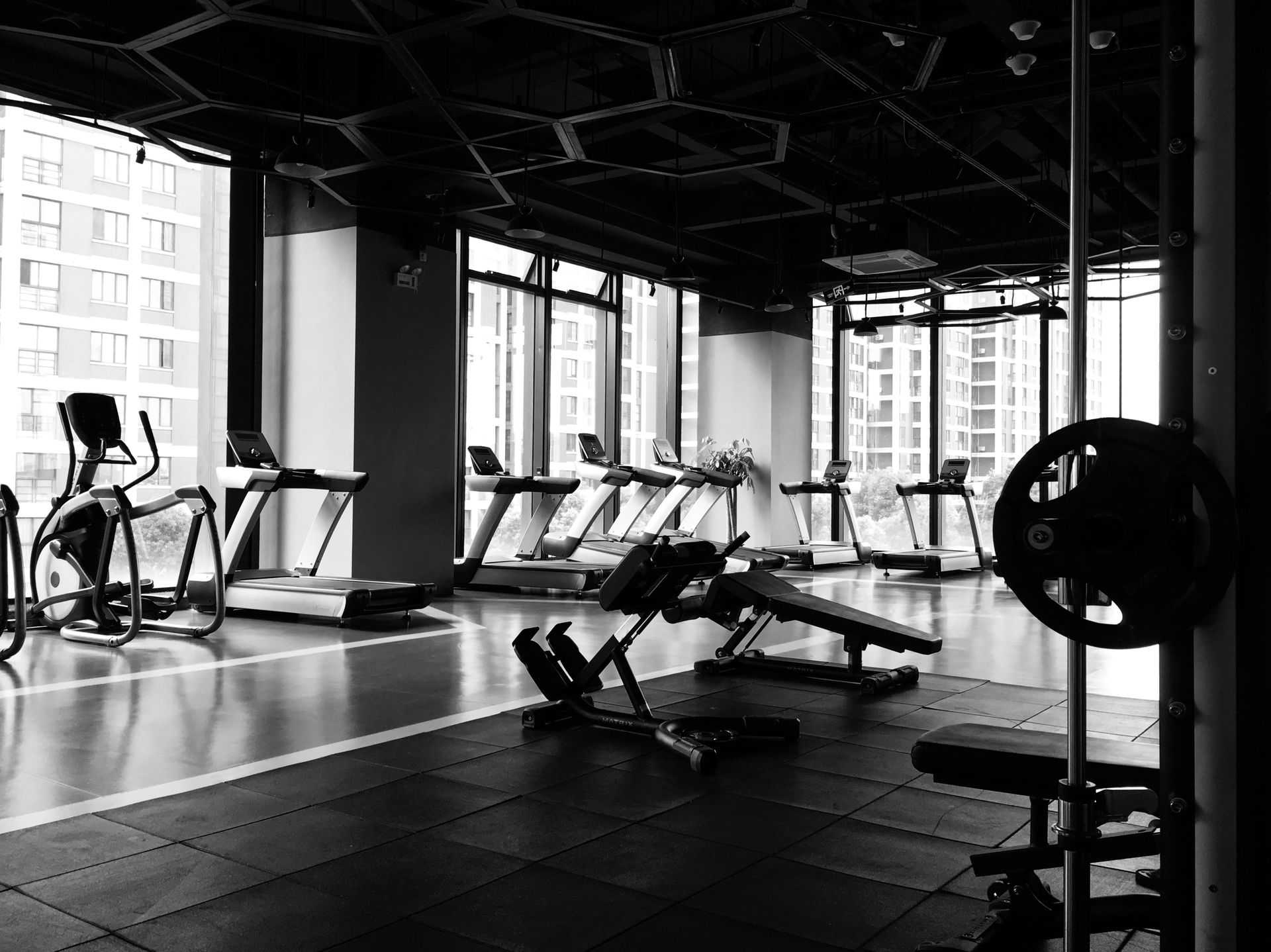The Importance of Mindset - Part One
One of the questions I often get asked is: ‘What is more powerful – the mind or the body?
My response is and will always remain the same: the mind is more powerful than the body.
You may have heard the phrase: ‘The body follows the mind’.
At a time when the world and the human race continues to face a range of challenges and unfortunate catastrophes such as climate change, a global pandemic – I cannot stress enough the importance of mental health and mental strength.
Ever since I first began weight training at 18 years old, although I was still learning about nutrition and training methods, my hunger to develop a strong, healthy body and reach my athletic potential is what kept me motivated.
Challenges to fitness training and keeping to a nutrition programme
During my time in the gym and from feedback I have had with clients about starting and keeping to a training and nutrition programme, the barriers and challenges they often experience are:
Nutrition and Diet Plans - How do you stick to them?
When you start or continue a fitness training programme, the physical exercise is limited to the number of hours you spend training each week. I have discussed with many individuals over the years that among the most difficult things they find is keeping to the diet and nutrition.
This is difficult as it is natural to eat something you desire out of hunger or during a particularly challenging day as eating is a joy.
The way to make food and nutrition work for you is to also view food as fuel for your body and workouts. To take this further, you can implement the following:
- Goal setting
- Specific training and eating plans to achieve the goal you have set
Goal setting
In the process of goal setting, you have all heard of the acronym of SMART. This acronym was introduced by George T. Doran in the USA during 1981 in his research on management objectives and is usually used in business terms but can also be applied to your personal goals.
The model proposes setting a goal which is Specific, Measurable, Attainable, Realistic and Time related.
For example, you set yourself a goal of losing 12 pounds of body weight. By aiming to achieve this over a period of 12 weeks, this means you would aim to lose one pound a week. Therefore, in developing your diet and training programme, you would also keep a record of the following:
- training diary and meal plans
- diary of your thoughts
When you are pursuing the goal of transforming your body, visualise this taking place. You may have an athlete you admire, a sports team or martial arts Master who has inspired you. Ask yourself – ‘How did they develop their athletic potential?’
Regardless of the genetic potential of an athlete, it takes mind set, will power, discipline, hours of training each week and daily adherence to the right eating plan.
Training and Meal Plans
I will be discussing training and eating plans for goals such as training for body fat reduction in more detail in another article. When you keep a diary of your training and eating, you can keep track of what is working in and outside the gym and any changes you need to make.
For example, if you do not digest a particular food well such as dairy, go for an alternative food source to get the calcium so that your body is not in nutritional deficit.
As body composition changes and the level of body fat is changing, you would need to adjust your meal plans to support continued growth and change.
Tracking your progress by measuring body fat, body weight and observing the intensity of your training will reinforce your goal.
Diary of your thoughts
Every day give time to yourself alone where you write down your thoughts concerning barriers to your training, diet and development of your mind. This can be feelings of stress you have had during the day caused by work, difficulties in your workout or the enjoyment you felt from exercise.
When you write down your thoughts and are doing daily affirmations, you are in a process of engaging your subconscious mind.
I remember the conversations from the great bodybuilding documentary of the 1970s – ‘Pumping Iron’. There was a phrase said when the professional bodybuilders were training for the 1975 Mr Olympia: ‘You’ve got to want it so bad you can taste it ‘.
I would also like to make it absolutely clear please do not get demotivated when you are not making as much progress as you would like to. Building the physique you want and improving your health is a journey. It is not a race and you should compete with your expectations and the goals you set yourself. It does not matter if someone can run faster than you, swim more metres or lift heavier, focus on you and how you can be better each week in your training.
Balancing Work, Personal Commitments and Social Life with Training
Social Life
As human beings, we interact and tend to enjoy meeting others, having a level of social activity each week. It is always tempting when you finish a working week to go out on a Friday evening with work colleagues and friends to relax and unwind. I am not against social activity and what worked for me was ensuring throughout the week, I dedicated enough time during the week towards training.
I have been known to have ‘tunnel vision’ when I set goals. This is because my belief is every step you take and even a small step, it is all part of the journey to achieving the vision. By being goal oriented, please do not feel you are letting others down in your family or friends. This is your life and you have the free will to make decisions and take action.
One of my teachers once said to me ‘master your art and be focused’. She was discussing this during a workshop as the students and I were talking about balancing other demands of your personal life to the pursuit of your goals.
Work and Personal Commitments
There will be factors outside your control which may disrupt the day and the plans you make. The time you can dedicate to training depends on your personal situation too. For example you may have a child or children to support and have a full time job too.
From the experiences shared by parents of children, I would recommend training in the morning when you have responsibilities of raising children. Training in the morning is also effective for fat burning combined with minimum carbohydrates prior to the workout.
As the workplace is becoming increasingly demanding, you may get an unexpected project on your desk with a deadline or a new task which can make the working day longer than planned. Therefore, by training in the morning you are mentally preparing yourself too for the day to take on any challenge.
It is individual preference and personal circumstances which will ultimately determine whether you can train in the morning, during the lunch break at work or in the evening. In either situation, keeping in mind your goals and purpose will provide you with the discipline required for consistency.
With the time constraints we face, this reinforces the importance of ensuring each workout is effective to producing the required results. Keep track of your training and diet, as you progress over the weeks, you can look back at see how far you have come forward.
Lifestyle Change – Health and Fitness
When I was asked during my corporate career, ‘Why are you training each week after a working day?’
My response was: ‘Health and fitness has become a way of life for me, it is a lifestyle choice I have made’. The pursuit of better health, mind and body is a journey and there is always room for improvement.
We will all age and are not immortal, however would you not prefer to age with good health? When you exercise regularly, it especially helps with your mental strength and wellness.
It takes a lot of discipline to stick to a diet, push yourself to do the extra repetition or run the extra lap when you feel your body cannot do more, this tenacity you can use to face any challenge in life. For example there is planning involved in setting up a training and eating programme. This practise of being diligent, researching and analysing information is what you can use in other parts of your life. This can be used in setting up a business which requires a vision to provide a solution to the market, analysis and execution of a strategy.
Fitness training and pursuing health of the mind and body should be part of your life. It takes practise to be consistent in this and taking the first step is the way forward for an exciting chapter to begin.
Share this post






